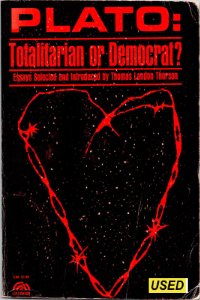By William Howard Taft
I came to Yale to assume my duties as Kent Professor of Law near the end of the school year, when it was not practical to add my courses of constitutional law to the then curriculum. It was suggested, therefore, that during the spring term, I prepare and deliver a course of lectures on some questions of modern government. This I did, making my text the preamble of the Constitution of the United States. In explaining the meaning of “We, the people,” used to describe the source of political power, I thought it relevant and important to discuss the proposed changes from our republican form of government to a more direct, democratic government, and this led me to consider the initiative, the referendum and the recall, and also the direct primary, which, while not necessarily involved with the other issues, properly su
Yaxe University Press, 1813, 290p.




